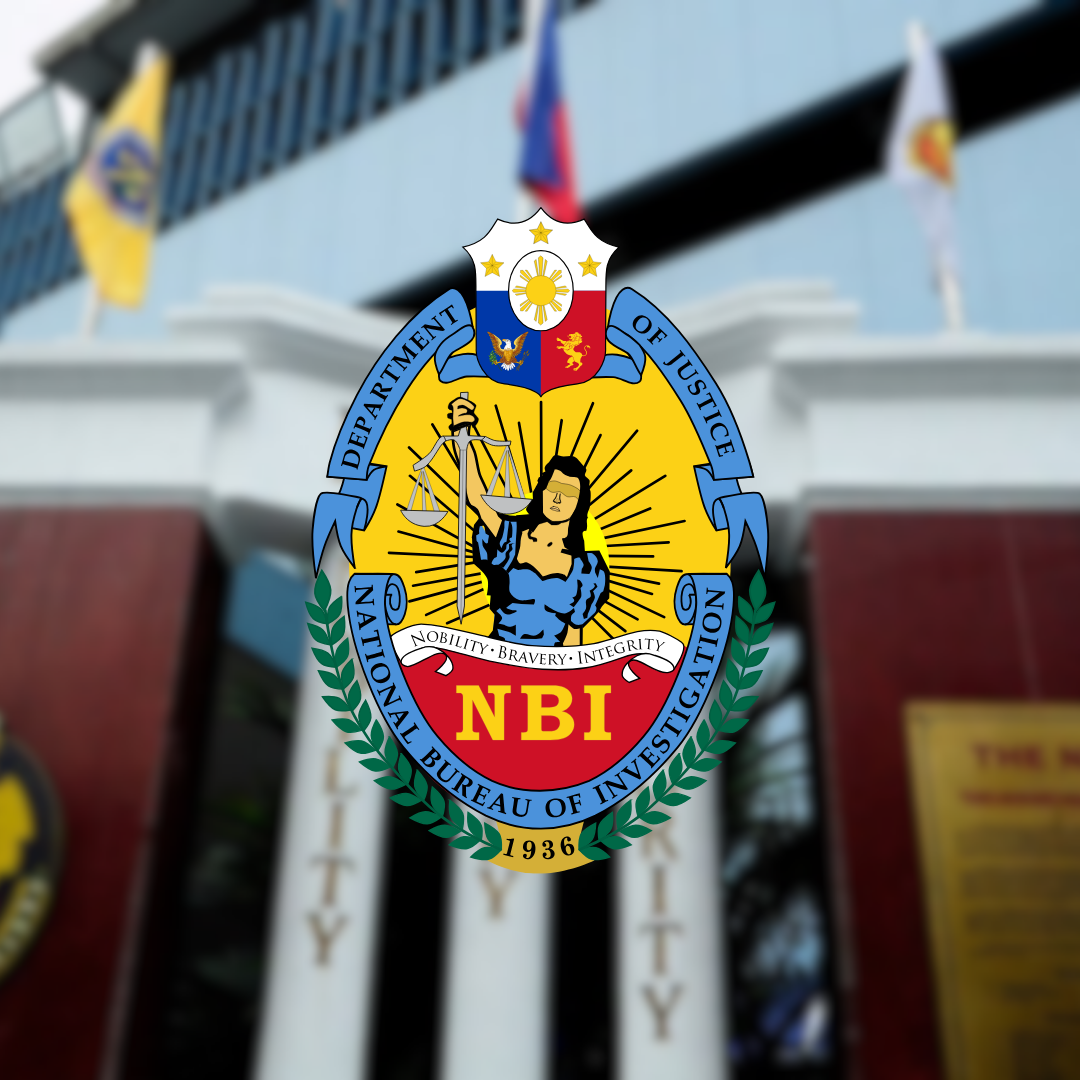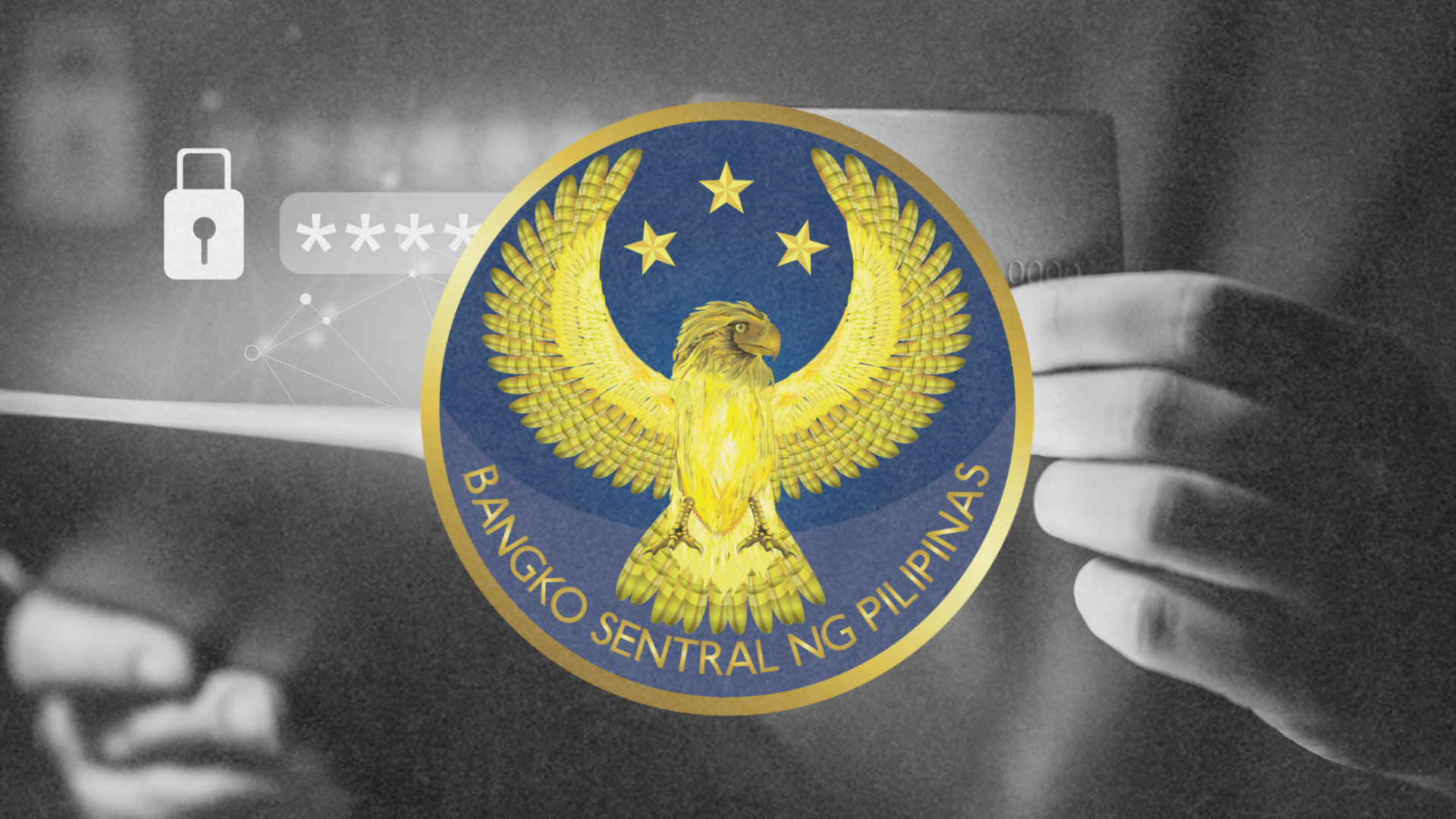In the world of cybersecurity, trust and integrity are paramount. Professionals in this field are entrusted with safeguarding sensitive data and protecting digital infrastructure from malicious threats. Yet, what happens when those tasked with upholding these principles become implicated in cybercrime?
The recent arrest of Manila Bulletin’s data security officer and allegations involving the newspaper’s information technology editor, Art Samaniego, has sent shockwaves through the cybersecurity community and the journalism industry. The news has been met with a sense of disbelief, as these professionals, who are supposed to be the guardians of digital security, have been implicated in a series of high-profile website hacks, including those targeting the Armed Forces of the Philippines (AFP) and other entities. This case raises profound ethical questions about the intersection of journalism, cybersecurity, and personal integrity.
At the heart of the controversy lies the paradox of a cybersecurity professional allegedly breaching the protocols they are sworn to protect. The arrested data officer confessed to executing hacks under directives from Samaniego, someone entrusted with securing Manila Bulletin’s digital assets. This revelation paints a troubling picture of a breach of trust, as someone in a position of responsibility allegedly exploited vulnerabilities for personal gain, purportedly to generate content for his columns and social media platforms.
“In each incident, this editor is always the first to post an article about the hacking incident,” Lotoc disclosed, underscoring a pattern where the alleged perpetrator orchestrated the hacks and promptly capitalized on them journalistically. This raises serious concerns about journalistic ethics, accountability, and the potential misuse of confidential information obtained through illicit means.
The unfolding saga also sheds light on broader systemic issues within cybersecurity. Allegations suggest that Samaniego may have engaged in transactions with local hackers to identify vulnerabilities across Philippine systems, undermining the foundations of cybersecurity practices and principles.
The implications are profound for the Manila Bulletin, a bastion of Philippine journalism. The publication’s official statement asserts its commitment to legal compliance and employee rights, pledging fidelity to the rule of law amid the scandal. This incident challenges the newspaper’s reputation and underscores the delicate balance between journalistic freedom and ethical responsibilities in the digital age.
Moreover, Samaniego’s denial of wrongdoing contrasts sharply with the severity of the allegations against him. In an era where digital trust is increasingly fragile, his case serves as a cautionary tale for professionals across sectors—highlighting the dire consequences of breaching ethical boundaries in pursuit of personal or professional gain.
As the investigation continues, the National Bureau of Investigation (NBI) remains steadfast in its pursuit of justice, aiming to hold accountable those responsible for compromising national security and corporate integrity. The case is a stark reminder of the critical need for robust cybersecurity measures and ethical vigilance in safeguarding digital ecosystems against internal and external threats. The potential harm to national security is a grave concern, underscoring the situation’s urgency.
Ultimately, the irony of a cybersecurity expert turned alleged cybercriminal underscores the profound ethical complexities. It challenges us to reflect on the moral dimensions of technology and journalism, urging a renewed commitment to integrity, transparency, and accountability in the digital era. As the story unfolds, stakeholders across industries will closely watch how authorities address these allegations, with implications that extend far beyond Manila Bulletin’s newsroom walls.






